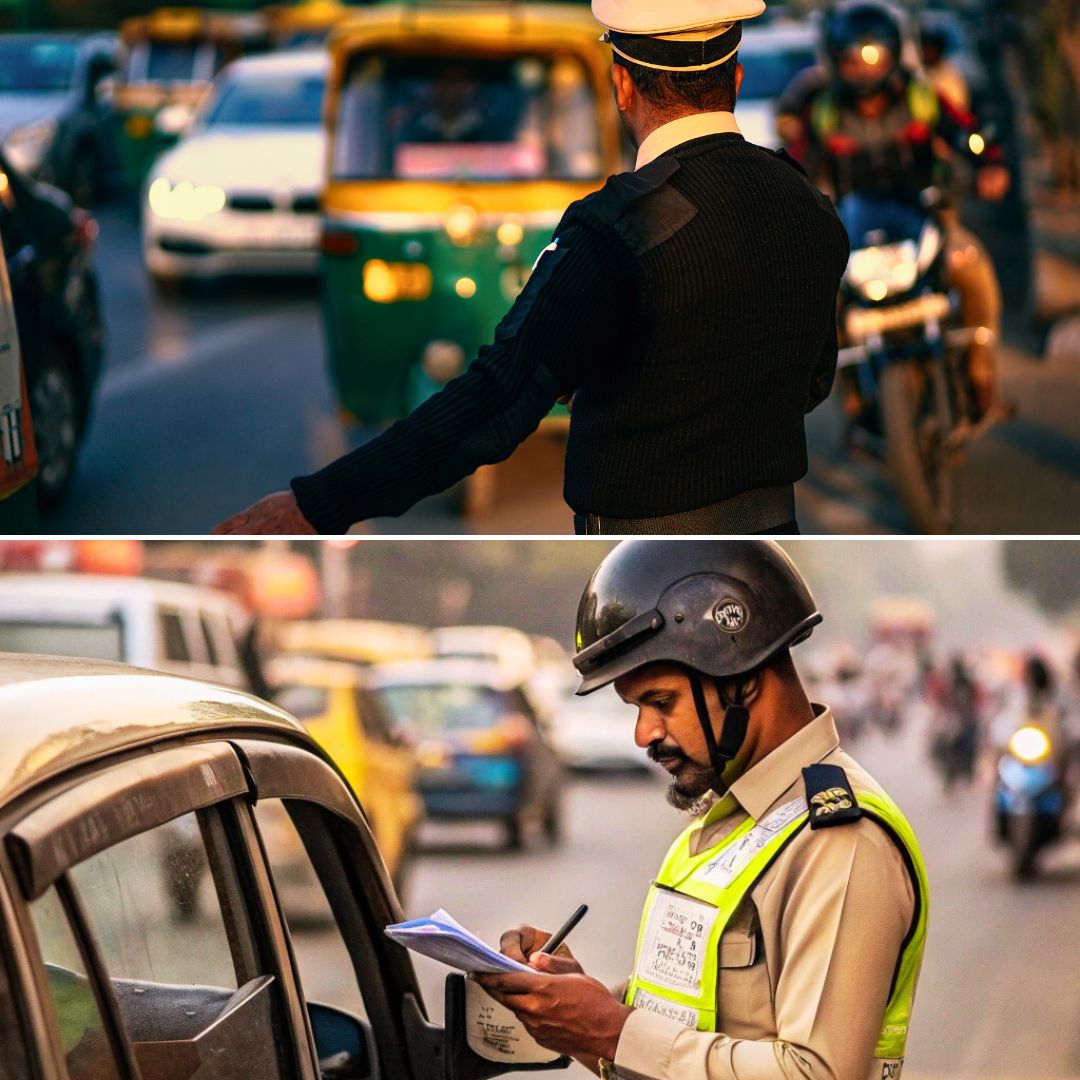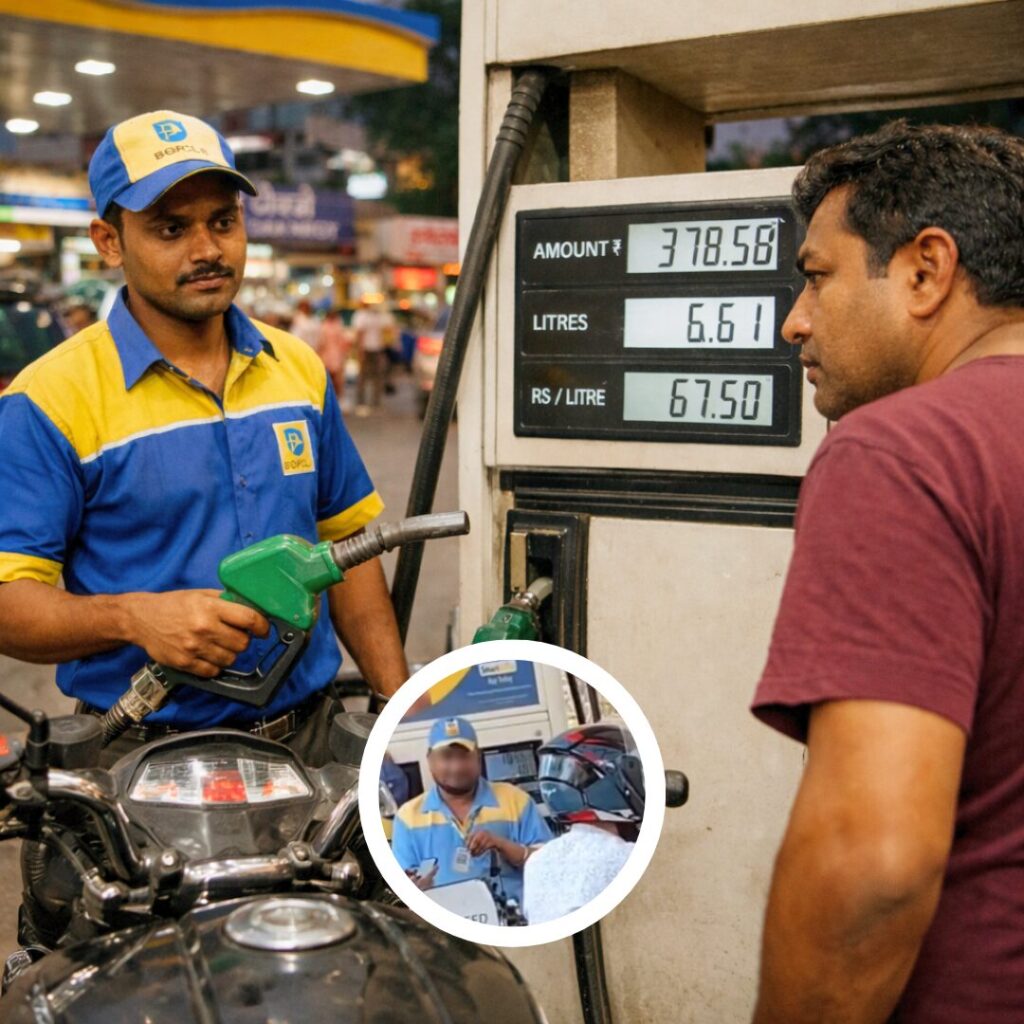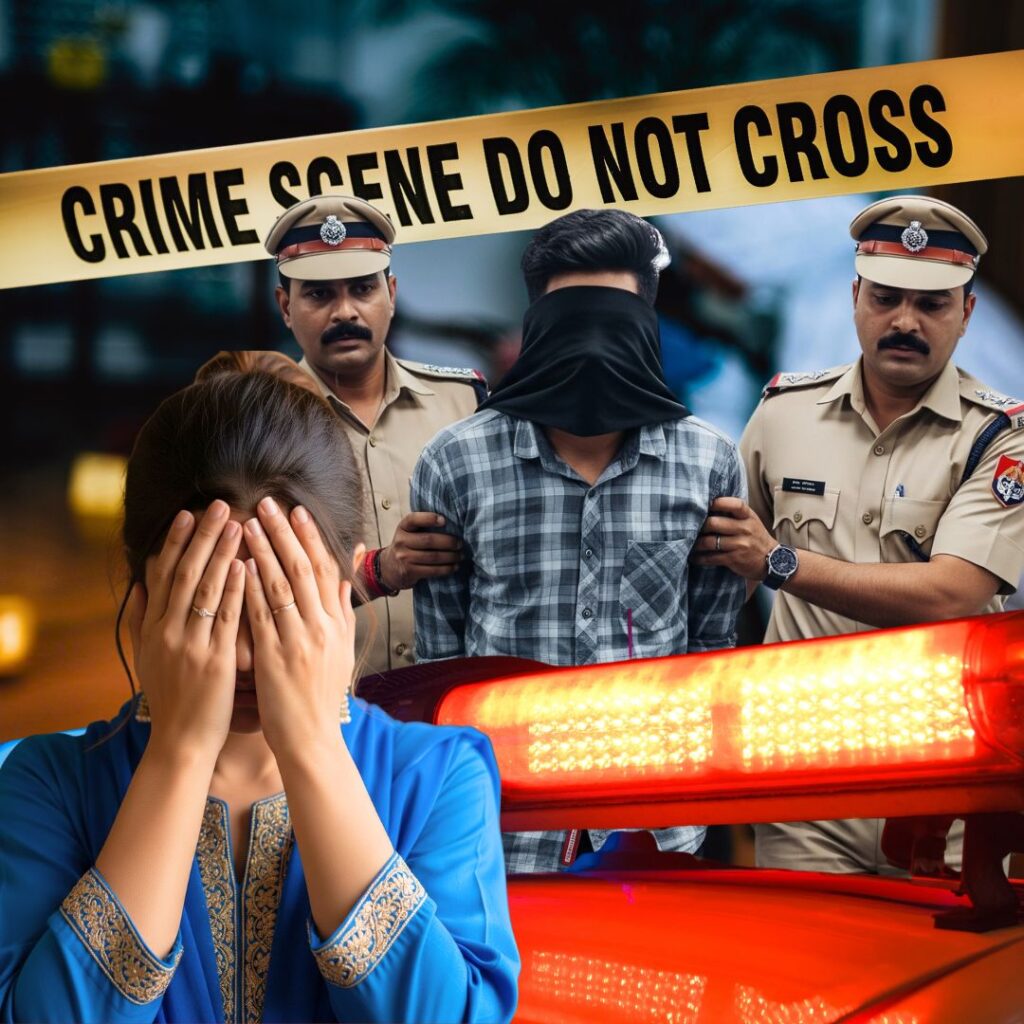India is set to implement a landmark road safety reform by introducing a negative points system for driving licenses, targeting dangerous behaviours such as drunk driving, mobile phone use while driving, overspeeding, and other traffic violations.
Accumulating 12 penalty points within a three-year period could result in license suspension, while repeat offenders may lose their licenses permanently.
Announced by the Ministry of Road Transport and Highways and anticipated to be enforced progressively throughout 2025, this initiative aims to significantly reduce India’s alarming road accident fatalities, which crossed 1.6 lakh last year.
Officials emphasise that this system, coupled with stricter law enforcement and mandatory driver re-evaluations, will encourage safer driving habits and save countless lives.
A Progressive Approach to Road Safety
The negative points system in India reflects a modern, data-driven approach to improving road safety by holding drivers accountable in a structured, transparent manner. Every major traffic violation will now carry a fixed number of penalty points linked to the driver’s license, moving beyond just monetary fines.
This system ensures persistent offenders face escalating consequences, including suspension and potential cancellation of their driving privileges. Complementing this, drivers with clean records can earn merit points and access incentives such as expedited renewals and discounts on insurance premiums.
The Ministry of Road Transport and Highways is also planning to integrate re-certification tests for those accumulating points, reinforcing driver competency.
This multifaceted plan prioritises behavioural change through both deterrence and encouragement, aiming to cultivate a culture of responsible and empathetic driving across India.
Tackling Road Safety with Data and Technology
India’s road safety crisis has been exacerbated by rapid urbanisation, increased vehicle ownership, and inadequate adherence to traffic laws. The country recorded over 4.5 lakh road accidents and 1.6 lakh fatalities in 2025, with overspeeding alone contributing to nearly 70% of accidents.
Non-compliance with helmet and seatbelt use and distracted driving due to mobile phones are significant contributors to these tragic statistics. Leveraging technology, authorities have incorporated AI-powered traffic surveillance and analytics to identify high-risk zones, enforce compliance, and fine offenders in real time.
National campaigns, stricter helmet and seatbelt laws, and enhanced highway patrolling complement these efforts. The negative points system will provide a behavioural framework around these interventions, making safe driving not only a legal obligation but a socially encouraged norm.
Experts suggest these initiatives collectively hold the potential to halve road accident deaths by 2030, provided there is sustained public engagement and effective enforcement.
The Logical Indian Perspective
The Logical Indian strongly supports the introduction of the negative points system as a transformative move that could foster safer, more empathetic roads in India. While stringent laws and penalties are vital to curb reckless driving, fostering kindness, patience, and social responsibility among drivers is equally fundamental to peaceful coexistence on India’s crowded roads.
We believe that combining enforcement with education, positive reinforcement, and a community-driven approach to road safety will create an environment where every journey is respected and valued. This comprehensive strategy can transform driving from a mere task into a shared social responsibility, where protecting life becomes a collective value. How can communities, educators, and policymakers work together to embed empathy as a core element of road safety while supporting these new laws?













